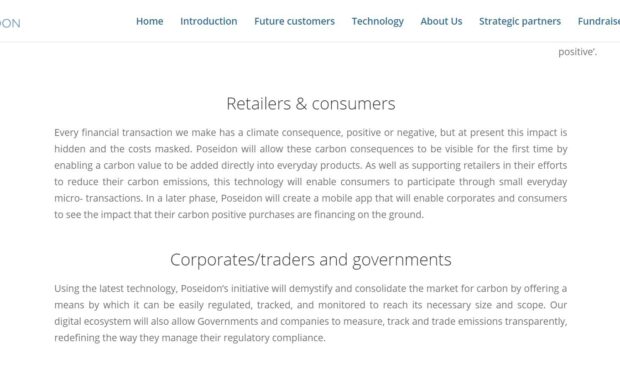By 2030, we can expect to see the emergence of brain-computer interfaces (BCIs) that enable human thought to be tracked, recorded, and shared. These XR capabilities may enable us to experience moments and memories from someone else’s life. Synthetic data generated from simulated worlds, meanwhile, will likely guide robots to problem-solve and replace humans performing high-risk work.

As technology advances and converges immersing us in new virtual worlds, we believe the industry is at an inflection point. We are seeing investment and technological advancement soar as more businesses wake up to the vast realm of emerging opportunities. Facebook, for example, has changed its name to Meta and committed US$10 billion on metaverse technology development. Microsoft meanwhile has announced a record-breaking US$69 billion deal to buy Activision Blizzard, makers of popular multiplayer online games.
So what?
The Metaverse has the potential to create a more equitable and sustainable world, but only if sustainability is integrated into its design and development. This means that the virtual world must be designed in a way that it uses resources efficiently, minimizes waste, and reduces the impact on the environment. Moreover, brands can be more sustainable by encouraging customers to buy virtual products instead of physical ones.
By prioritizing sustainability in the Metaverse, we can create a virtual world that not only provides new and exciting experiences but also sets the foundation for a better future.












Join discussion